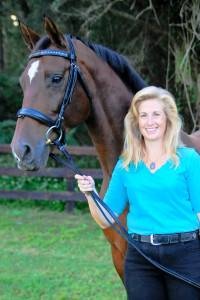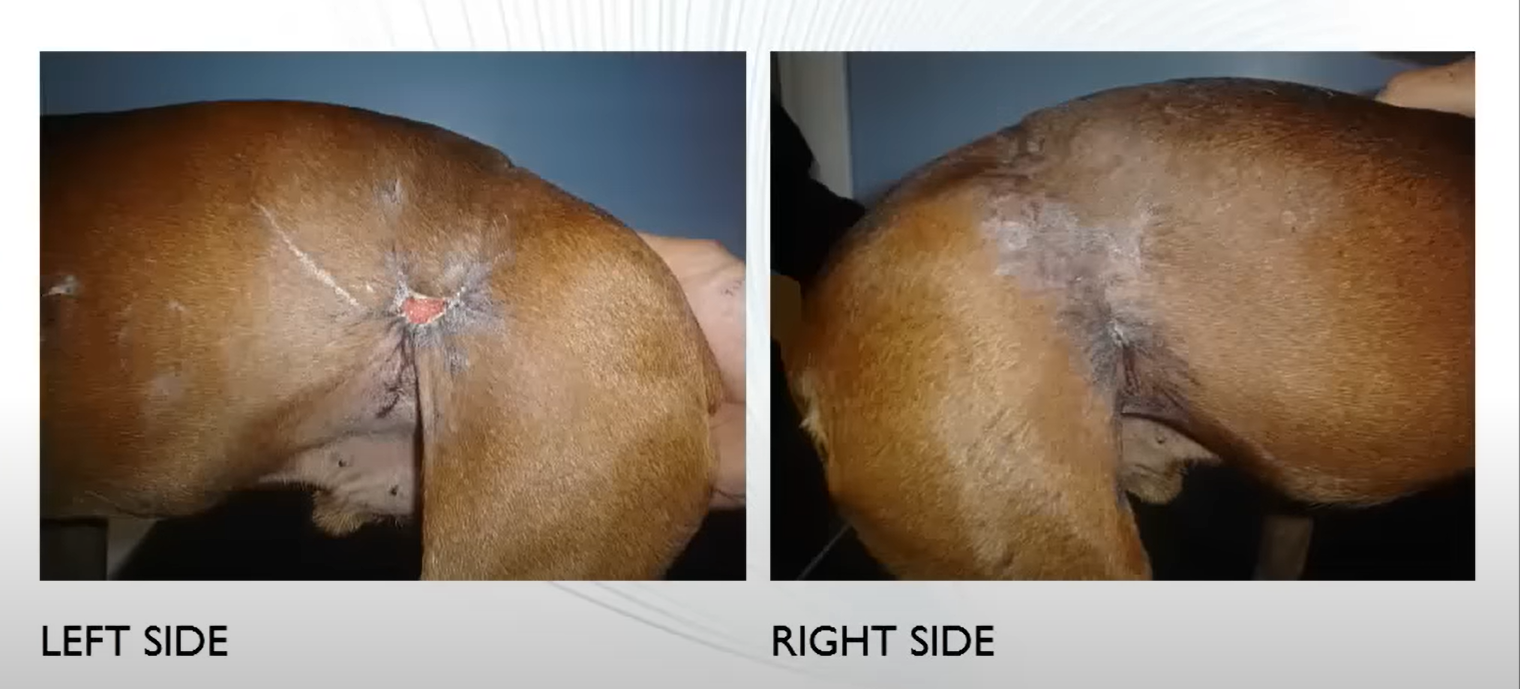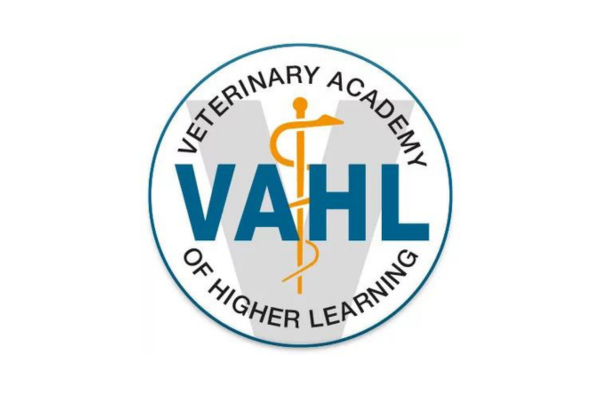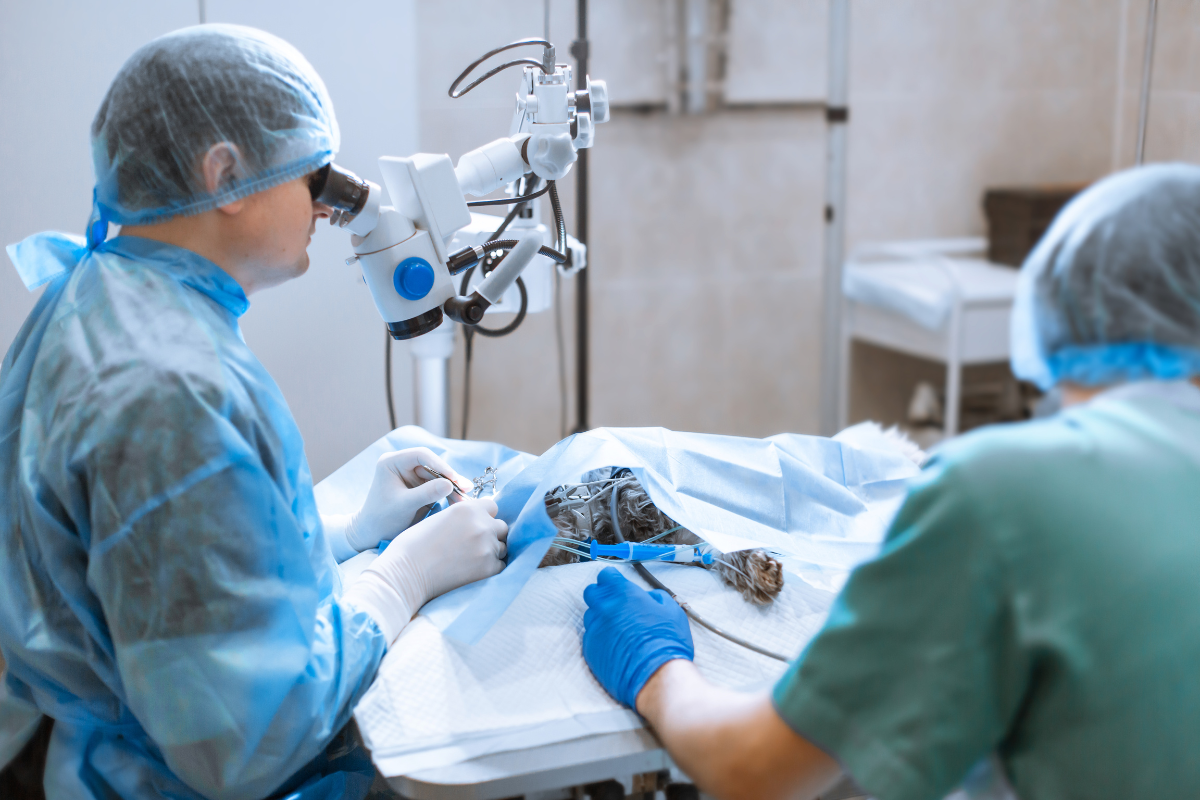Learn more about utilizing laser therapy in equine medicine. Webinar covers most common and effective applications for use.

Disclaimer: It is the responsibility of the practitioner to gain knowledge of and comply with federal, state and local laws regarding the use of lasers for the treatment of any condition. The content and information in this webinar is for educational purposes only. It is not a course and should not be relied upon for the purpose of treating an individual. This webinar is not a substitute for professional medical advice, care, diagnosis or treatment.

About Dr. Stanton
Mary Elizabeth Stanton, DVM, Diplomate ACT, CVA
Dr. Mary Beth Stanton DVM, Dipl. ACT, grew up in Westbrook Connecticut where she was involved in riding from an early age. She obtained a degree in Pathobiology at the University of Connecticut, from there she attended Auburn University College of Veterinary Medicine for her DVM degree. After graduating, she entered private practice for 7 years before returning to Auburn University to specialize in Theriology.
Dr. Stanton is a current member of the American College of Theriogenologists (Board Certified Veterinary Reproduction Specialists) and owns Equine Veterinary Specialists of Ocala- a reproduction facility that offers mare and stallion management as well as foaling and neonatal care.
In her “free” time she also enjoys riding and raises Hanoverians and Dutch Warmbloods.
Dr. Stanton is a well-respected expert and has produced countless equine publications and lectures. She is excited to continue educating fellow veterinarians on new and exciting techniques and developments in equine medicine.
- DVM, Auburn University College of Veterinary Medicine, 1995
- Pre-Professional Education:
- BS, University of Connecticut, 1991
- Special Training:
- Theriogenology Residency, Equine Emphasis, June 2002–June 2004
Auburn University College of Veterinary Medicine - Clinical Nutrition Residency, Large animal track, June 2002– 2004
Auburn University College of Veterinary Medicine - Board Certification:
- Diplomate, American College of Theriogenologists, 2004
- American College of Theriogenology
- Society for Theriogenology
- American Association of Equine Practitioners
- American Veterinary Medical Association
- Florida Association of Equine Practitioners
- Invited speaker, Diplomate in Equine Reproduction Course, university of Guadalajara, Guadalajara, Mexico 2008
- Visiting Professor, St. George’s University, St. George Province, Grenada 2008-Present
- American College of Theriogenology Examination Committee, 2006-2012
- Auburn University College of Veterinary Medicine, 2004-2006
- Auburn University College of Veterinary Medicine Annual Conference Speaker 2010
- Waldridge BM, Salazar T, Stanton MB. Techniques for Assessment of Fetal Well-Being. Compendium of Veterinary Medicine Equine. 2007; 6: 324-336.
- Pugh DG, Stanton MB. Llama and Alpaca Reproduction. In: Youngquist’s Current Therapy in Large Animal Theriogenology, Second Edition. St. Louis Missouri: Saunder’s Elsevier 2007.
- Van Camp SD, Stanton ME. Abnormalities of Lactation. In: Youngquist’s Current Therapy in Large Animal Theriogenology, Second Edition. St. Louis Missouri: Saunder’s Elsevier 2007.
- Stanton MB, Steiner JV, Pugh DG. Endometrial Cysts in the Mare. Journal of Equine Veterinary Science. 2004. 24:14-19.
- Pharmacology Symposium SFT/ACT Annual Conference, August 2005; Charleston, SC
GnRH in the Stallion - Intrauterine Therapy in the Mare
14th Annual Hudson-Walker Theriogenology Conference, December 2003; Auburn, AL - Broodmare Management and Nutrition
95th Annual Conference Auburn University College of Veterinary Medicine, November 2003;
Subfertility in the Susceptible Mare
Stanton MB, Smith JW, Pugh DG, Pascoe DD, Purohit RC. Testicular Thermography as a Diagnostic and Prognostic Tool in Evaluation of Testicular Injury in Stallions. 31st Annual Meeting of the American Academy of Thermology, Auburn University, AL; April 2004.



